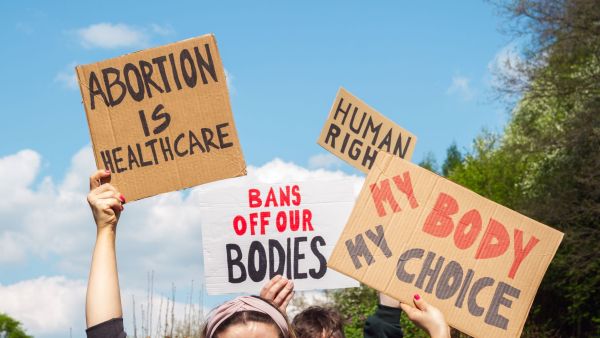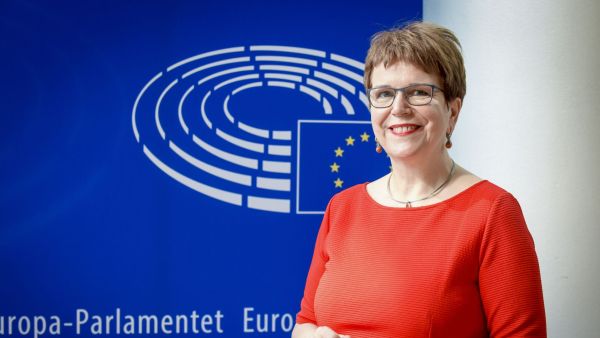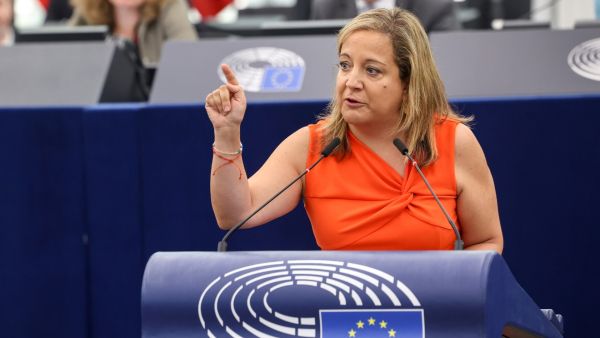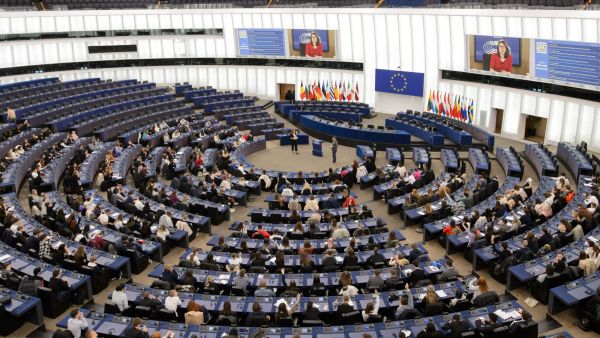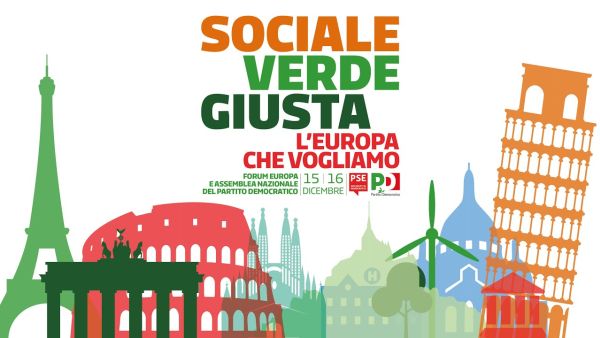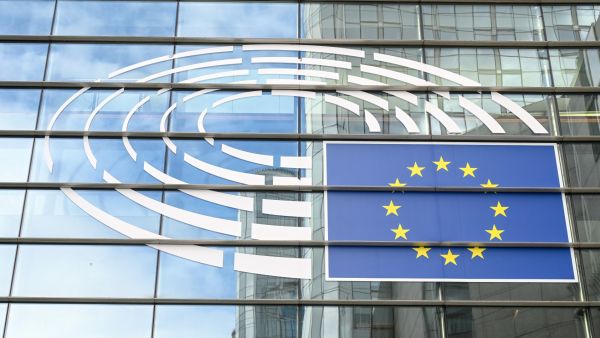
On 23-26 May 2019, people like you from all over Europe voted in the European elections. Since the first elections in 1979, voter turnout had unfortunately decreased with every election. However, in 2019, we reversed this trend: 50.62% of people turned out at polling stations across Europe to vote. This shows that more and more people care about the decisions that are taken by elected representatives in the European Parliament.
Voters also made sure that the number of female MEPs has increased. With 41% women MEPs, gender balance in the elected representatives at the European Parliament is still far from where we would like it to be, but the trend is heading in the right direction. We need to do more to make sure that, in 2024, we have at least as many women as men making the decisions, which affect our daily lives, in the European Parliament. We stand for a feminist Europe.
As the largest progressive force in the European Parliament, the MEPs of the S&D Group work to take Europe forward and make sure that no one is left behind in the process. Only with people voting for Europe can we work together for a social, progressive and inclusive Europe based on diversity, freedom, solidarity, equality and fairness.

The 2024 European elections – a key democratic event – are scheduled to be held between June 6 & 9, 2024, across the European Union member states. This crucial electoral process allows European citizens to exercise their democratic rights by casting their votes to elect representatives who will shape the future of the European Parliament.
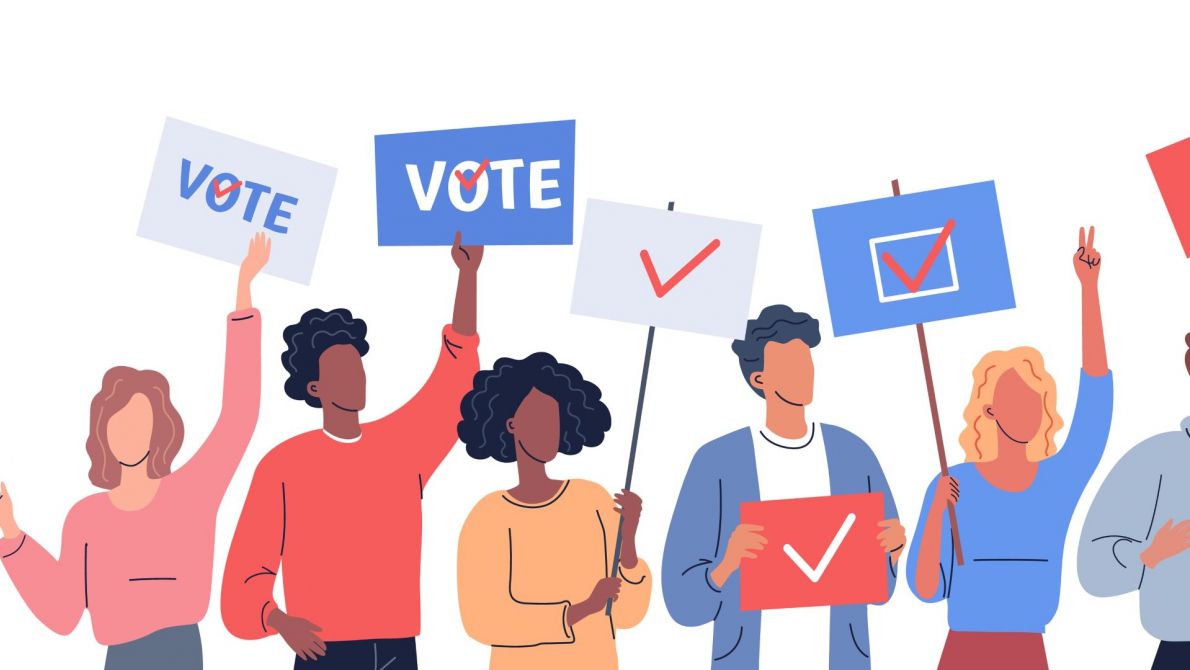
We cannot take democracy for granted; it is a precious and essential system that grants us the right to participate in shaping our collective future. The right to vote is one of the cornerstones of democracy, empowering individuals to have a say in decision-making processes. By exercising our right to vote, we not only ensure that our own voices are heard, but we also contribute to the larger democratic framework that upholds the principles of equality, freedom and accountability.
In an increasingly interconnected world, many challenges transcend national borders and require collective solutions. The Brexit referendum, the Covid-19 pandemic and the Russian invasion of Ukraine serve as reminders that global issues demand international cooperation and coordination. By participating in democratic processes, such as voting in elections, we actively engage in the discussions and decisions that shape our relationship with supranational institutions like the European Union. It is through our votes that we can express our stance on important matters and influence the course of action taken by our governments.
Every vote matters, as it collectively shapes the future we want to build, safeguards our individual rights and freedoms, and ensures that our democratic values endure for generations to come.
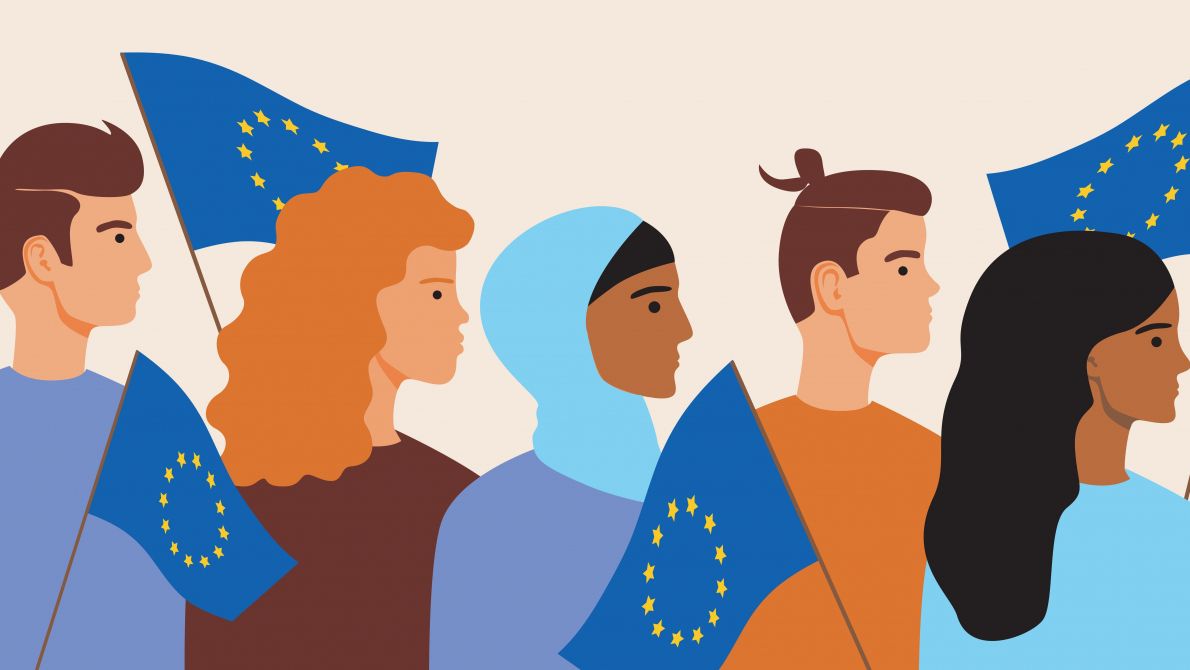
Voting achieves several important outcomes for democracy. Firstly, it ensures representation by allowing you to choose leaders and policymakers who will make decisions on your behalf. It holds elected officials accountable for their actions, as your vote determines whether they remain in office or not.
Secondly, voting shapes the policy direction of your country or region by supporting candidates who align with your values and priorities. It influences the laws and regulations that are enacted, impacting areas such as healthcare, education, social welfare and more.
Lastly, voting is a vital means to drive social change; contributing to the advancement of equality, civil rights and social justice. It fosters participation, engagement and empowerment; strengthening the democratic framework and providing citizens with a voice in shaping the future of their communities and countries.
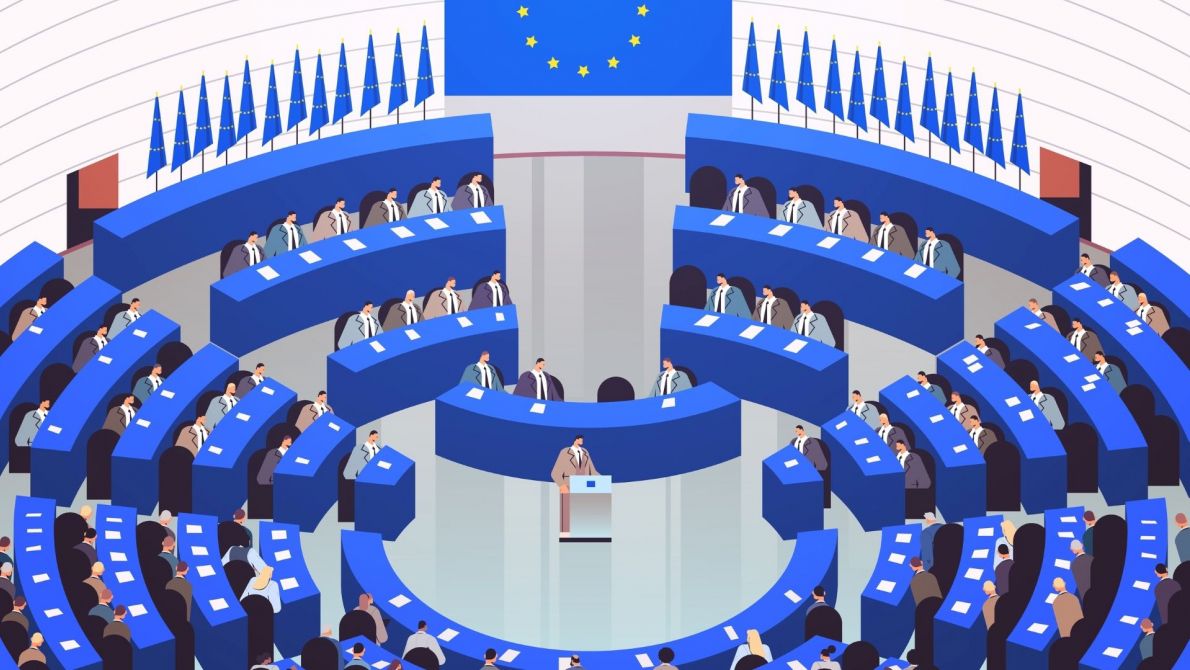
Over the last five years, the S&D Group has achieved significant accomplishments within the European Parliament. For instance, we played a crucial role in shaping the EU's response to the Covid-19 pandemic, such as securing funding for vaccine distribution and supporting economic recovery measures. Our dedication extends beyond the realm of the pandemic, as we have consistently remained prepared to address various crises that may arise.
The Russian invasion of Ukraine has had far-reaching and multifaceted consequences, spanning from the devastating effects of war and the displacement of refugees, to the destabilisation of energy supplies and the undermining of democratic principles. The invasion has led to a complex web of issues, including human rights violations, territorial disputes, economic disruption and geopolitical tensions. The S&D Group has fought – and will continue to fight – for Ukraine and its citizens, lowering energy bills in the EU and European democracy.
We have accepted the fact that we are in a climate crisis and the Green Deal has been at the forefront of our policies. We have been advocating to improve energy efficiency, to increase renewable energy and to reduce carbon emissions – and all of this with a red heart! We prioritise workers and workers' rights because we recognise that achieving a sustainable green transition is inseparable from creating and ensuring sustainable employment opportunities.
The green transition is not the only transition taking place in Europe. We are actively engaged in navigating Europe's digital transition, implementing policies and strategies to ensure equitable access, foster innovation, and safeguard privacy and data protection for all citizens. Some of the hot topics we are heavily involved in today are AI, cryptocurrency and platform workers.
Through these crises, the S&D Group has continued to fight for social rights in all parts of society and has been at the forefront of efforts to ensure that all citizens have access to basic human rights, such as healthcare, education, and decent working conditions. The Group also advocates for fair taxation, affordable housing and protection for vulnerable groups such as refugees and migrants. We also work towards the elimination of discrimination based on gender, race, sexual orientation or disability, and seek to promote equal opportunities for all.
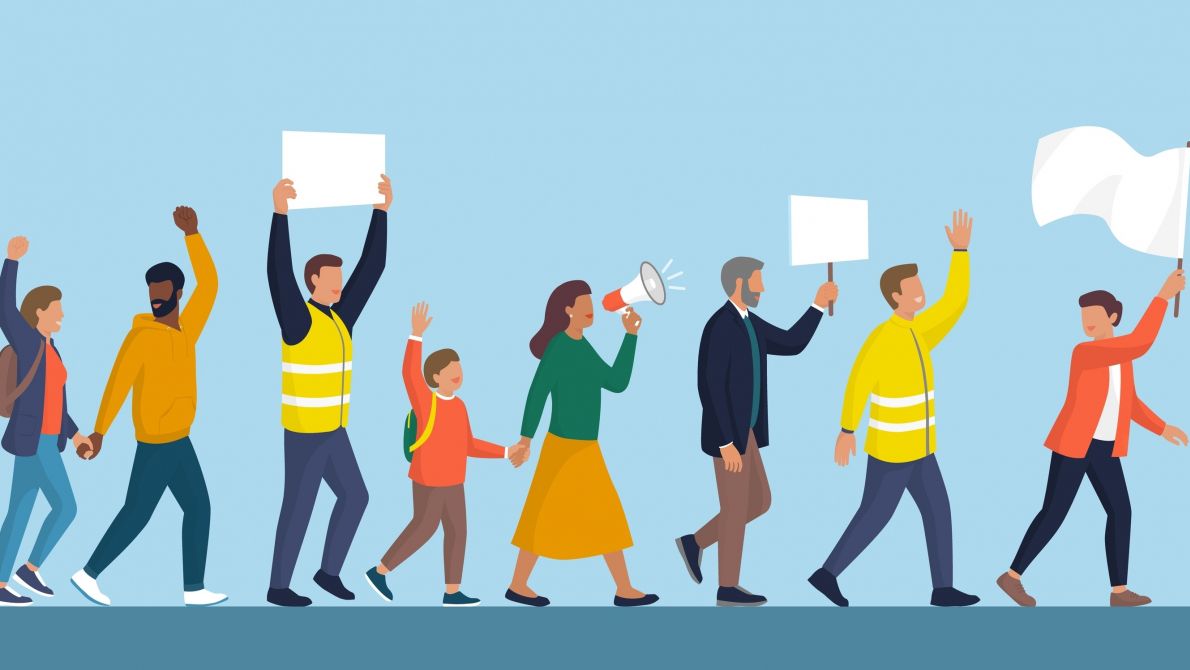
One challenge we face is the rise of populist movements and erosion of democratic norms, which exploit public discontent, polarise societies and undermine democratic institutions. This threatens inclusivity, tolerance and the rule of law. To counteract this, we should actively participate in democracy and support candidates and policies that promote democratic values.
Another pressing challenge is social and economic inequalities, where systemic barriers hinder access to rights and opportunities. Addressing these requires policy reforms, equitable resource distribution and targeted measures for social justice. By advocating for social rights, supporting initiatives that reduce disparities and engaging in democracy, we can foster an inclusive and equitable society.
Climate change, migration and technological advancements are interconnected global challenges requiring collaborative approaches. Engaging in democracy allows us to shape climate policies, advocate for fair migration policies and regulate technology ethically. Through active participation and support for progressive policies, we contribute to sustainable solutions.
Protecting human rights, including civil liberties and marginalised communities' rights, is critical. We must fight discrimination, biases and attempts to undermine these rights. By participating in democracy, speaking against injustice, supporting human rights organisations and demanding accountability, we advance social rights for all.
Navigating these challenges requires active citizen engagement, critical thinking and a commitment to the principles of democracy. By remaining informed, participating in elections, supporting grassroots movements and holding elected officials accountable, we can collectively work towards a more just, inclusive and resilient society.






